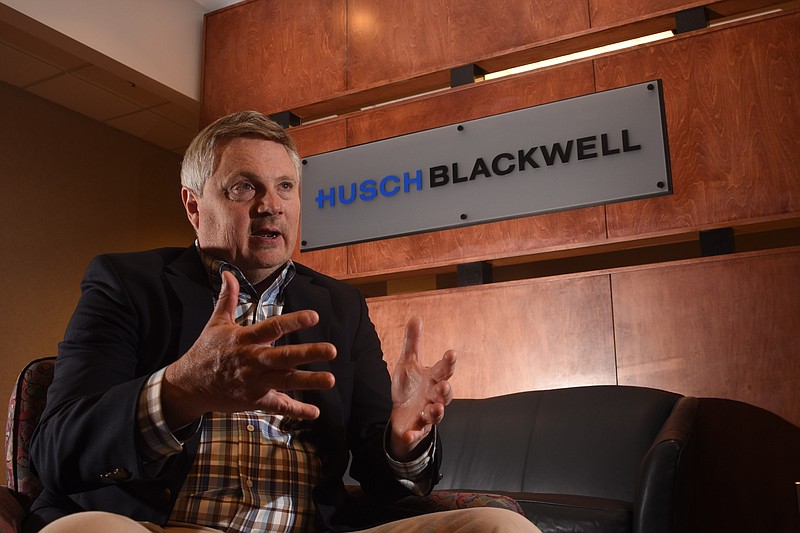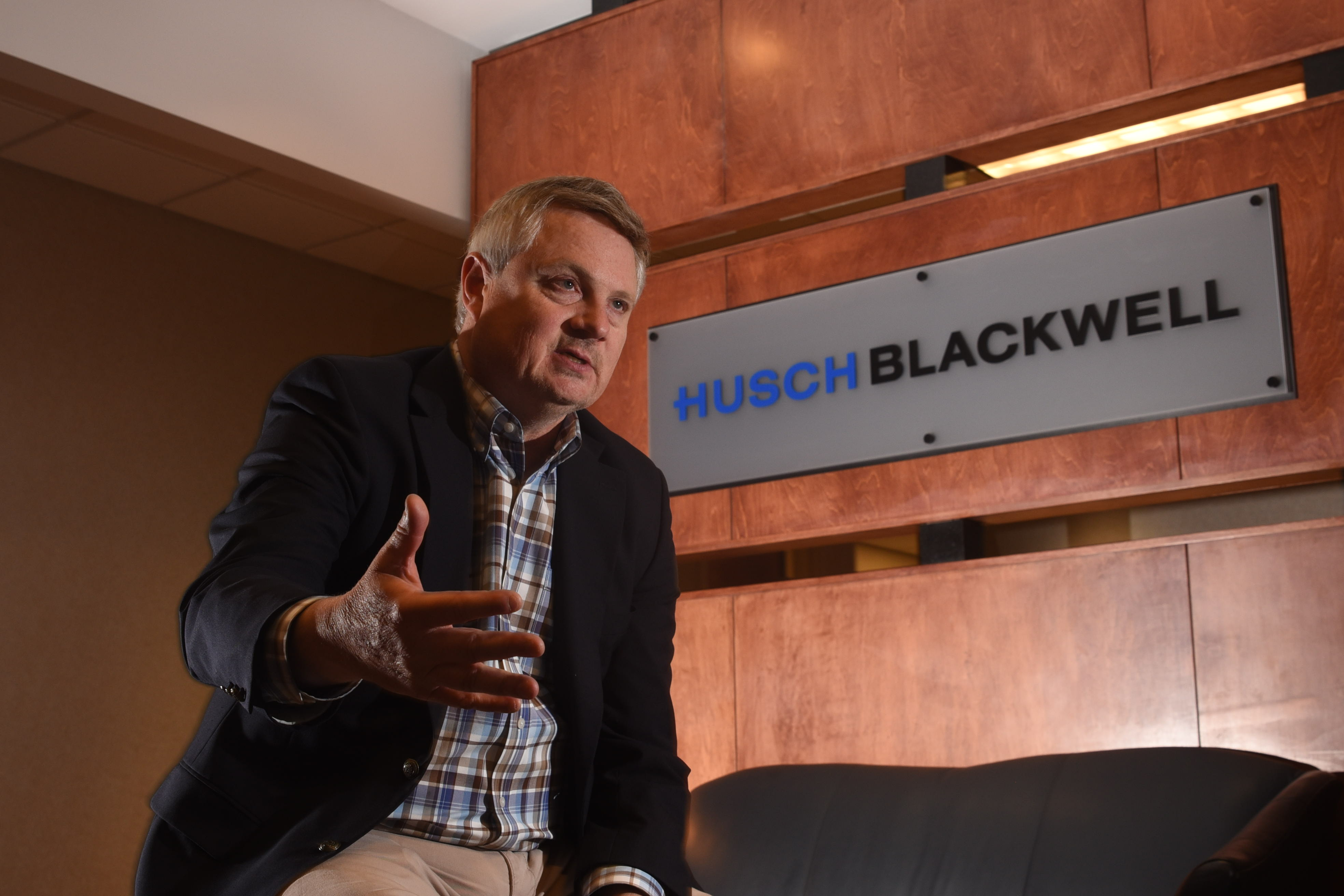For nearly three decades, James Henderson has practiced law in Chattanooga specializing in the retail industry at Husch Blackwell and its law firm predecessors.
Henderson said the past year has seen the biggest upheaval in retailing in his 30-years in the business with at least 20 major retail bankruptcies, thousands of store closings and major shifts in how and what consumers are buying. The list of bankruptcies includes Toys R Us, Radio Shack, Rue21, Gander Mountain, hhgreg, Vitamin World and the Limited.
To help keep pace of the rapidly changing retail scene Husch Blackwell recently launched the Retail Institute to provide helpful information for landlords, tenants and financiers in the retail industry across the firm's 17 offices. Henderson said he hopes the the Retail Institute's body of experts in public policy, education, professional associations, and other fields will help brick-and-mortar stores remain competitive.
Henderson, a Chattanooga native who graduated with an MBA and law degree from the University of Tennessee in 1988, talked with Dave Flessner about how Americans are changing where and how they shop.
More Info
James D. Henderson earned an MBA and law degree from the University of Tennessee and he is a partner in the real estate, development and construction unit of the law firm of Husch Blackwell.
Q. Why did your law firm decide to create the Retail Institute?
A. It's sort of our way to become the knowledge center for this industry. We have created a web site (www.huschblackwell.com/content/retailinstitute) to keep users appraised of retail bankruptcies, relocation and other developments and offers opinions, letters and helpful information about retailing. This is a way to combine all of the different functions we help retailers with in one clearinghouse.
Q. You have long represented developers of shopping centers and your office is in the shadow of Hamilton Place Mall in the CBL office headquarters. How are malls and retail centers changing in response to the economy?
A. There is certainly a trend toward more open-air and mixed-use developments today, instead of more enclosed malls, and as consumers have shifted to more online shopping traditional bricks-and-mortar retailers are taking a different approach as tenants. They want shorter leases, and are often looking for more options and more flexibility in case conditions change or a location doesn't work out.
Q. How are developers responding to the shift toward e-commerce, which the Department of Commerce estimates generated more than $1.2 billion of online sales per day?
A. Developers and landlords are looking at different ways to attract interest, not just from traditional apparel merchants in a mall, for instance, but from entertainment, medical or food tenants in a center. The mall is becoming much more of a suburban town center." The explosion in e-commerce have really made developers and retailers look at what they have to do to be successful.
Q. Some have described this year as a "retail Apocalypse." Do you expect next year to be as damaging to so many traditional retailers?
A. I would certainly hope not. I would think as time goes on that in response to some of the challenges we've seen other companies would avoid some of the mistakes that others have made and the industry adapts to these changes and learns how to embrace the new technologies in ways that effectively capitalize on both in-store and online sales opportunities. The most successful retailers and developers are embracing e-commerce into their stores and centers in a way that enhancing the overall shopping experience."

